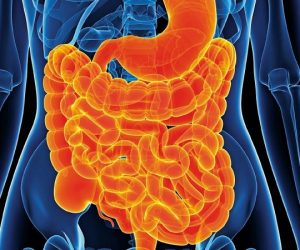Obsessive-Compulsive Disorder or OCD is a common mental health condition. It is one of the main conditions that are explored in Mental Health Training Courses like the ones from www.tidaltraining.co.uk/mental-health-courses. The condition leads to individuals having obsessive thoughts and compulsive behaviours.
OCD affects men and women equally and it seems to appear in early adulthood, although there are children and young people who present with symptoms and then go on to have a diagnosis of OCD. The two main elements of the condition are:
Obsession – this is a thought, image or urge that is unpleasant and unwanted and repeatedly enters the mind. This causes high levels of stress and anxiety.
Compulsion – a behaviour or mental act that needs to be repeated to help bring about temporary relief from unpleasant feelings that are brought on by the obsessive thought, image or urge.
There are a number of therapies that can help with OCD. These include talking therapies such as counselling and cognitive-behaviour therapy and also medications such as those that help with anxiety and anti-depressants that help with chemical imbalances in the brain.
OCD can be a condition that the individual lives with for long periods of time or it may be something that flares up when stressful life events or traumatic experiences come along. It is also possible to have obsessive-compulsive tendencies without the full-blown disorder.





